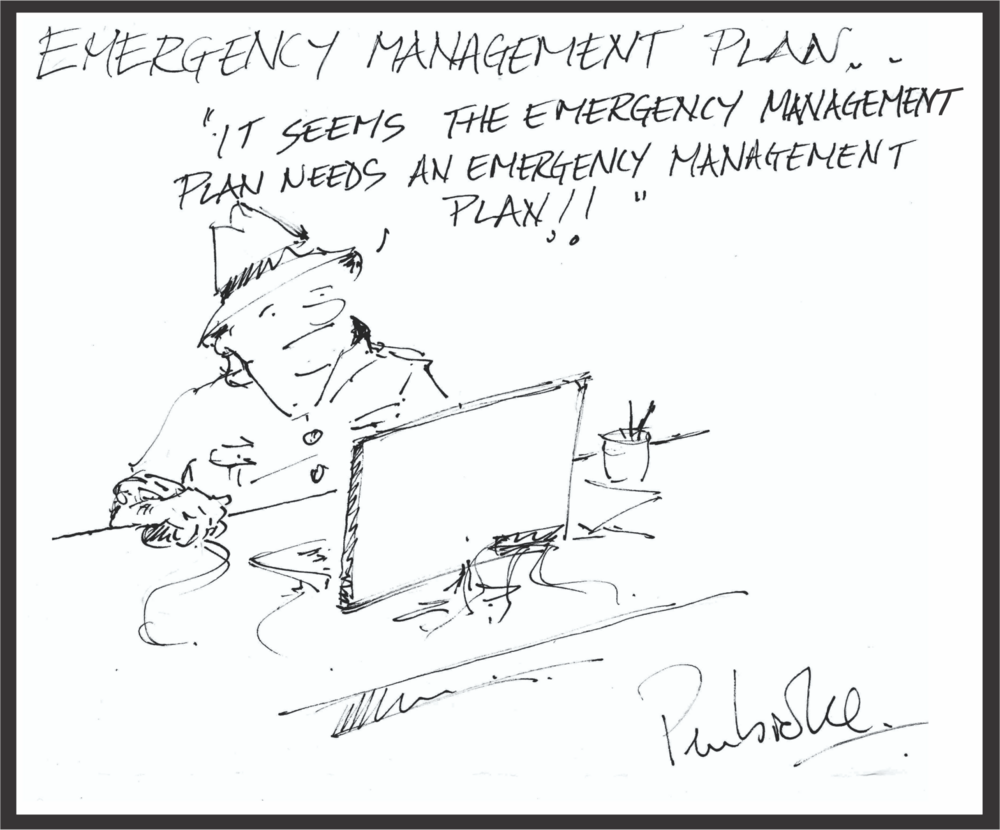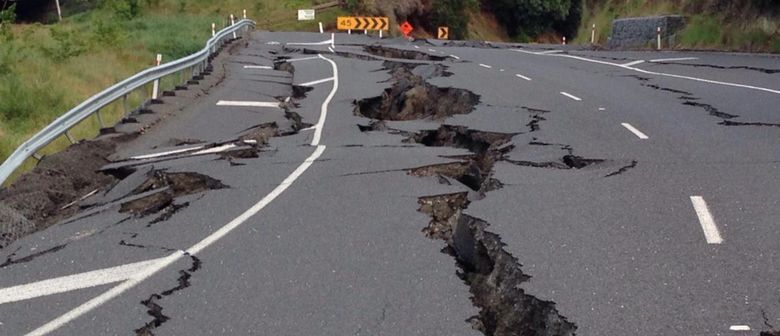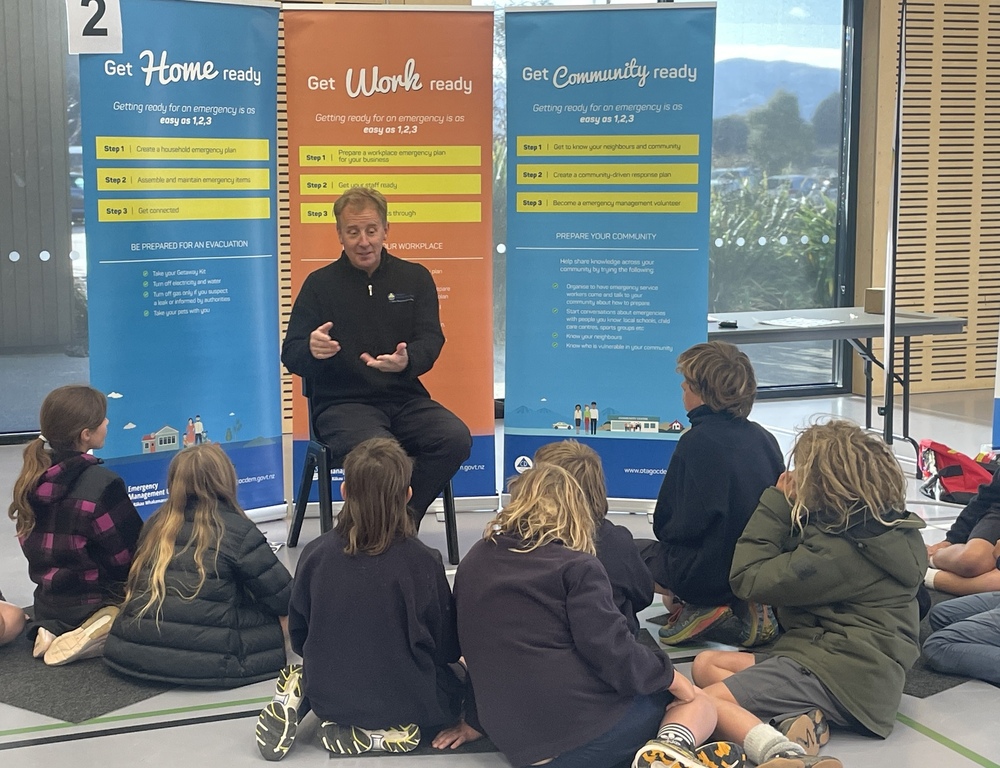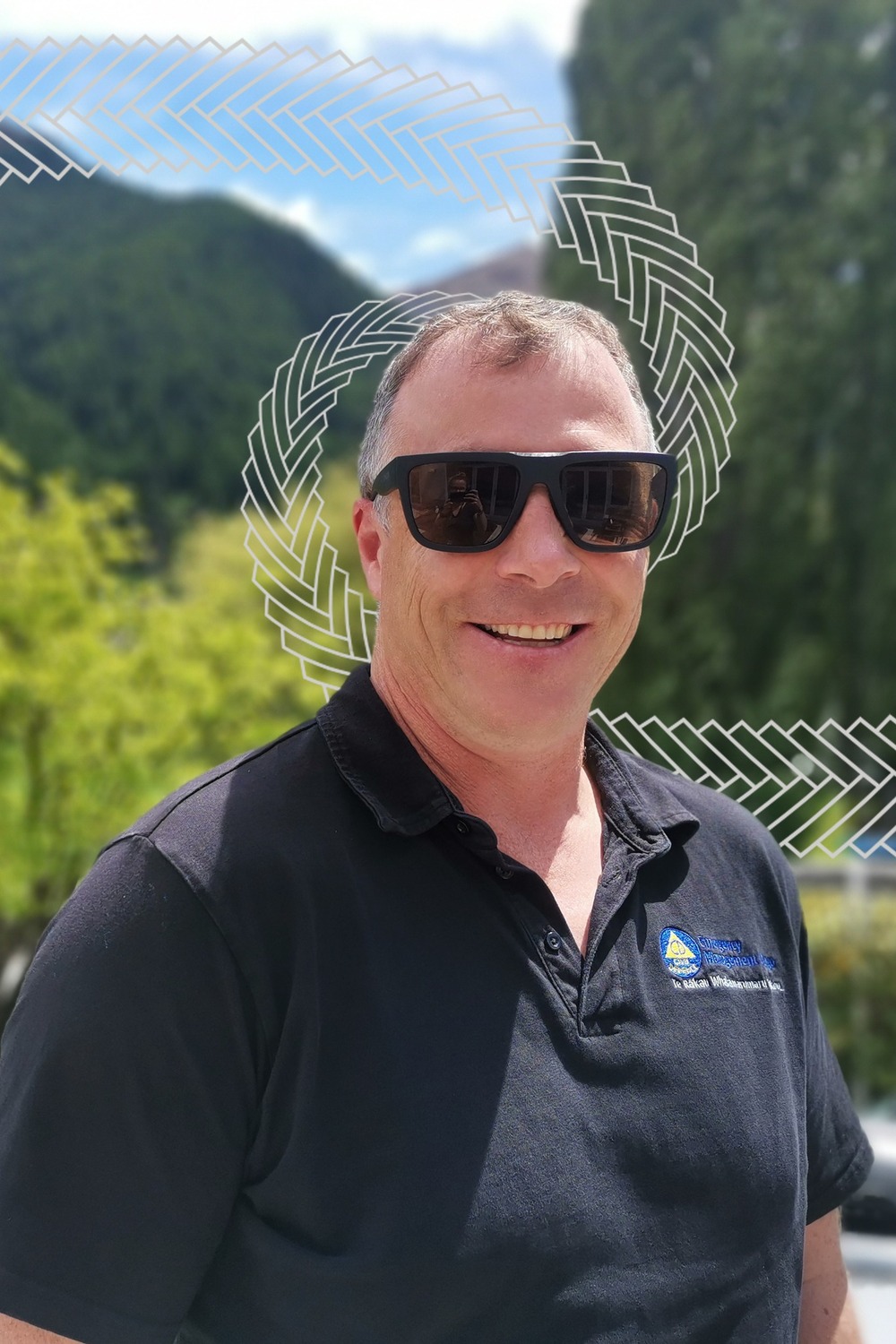Emergency management report ‘raises more questions than answers’
Sue Wards
25 June 2023, 5:06 PM
 Are we ready for an emergency? Our community board is not confident we are.
Are we ready for an emergency? Our community board is not confident we are. Wānaka Upper Clutha Community Board (WUCCB) chair Simon Telfer says an Emergency Management Otago (EMO) presentation to the board has “raised more questions than answers”.
Queenstown Lakes District Council (QLDC) resilience and climate action manager Bill Nicoll and emergency management advisors Dan Andrews and Jacqui Lambeth joined the board’s meeting (Thursday June 22) to discuss their role in the district’s emergency preparedness.
EMO (part of the Otago Regional Council) is assigned into this district, and works with QLDC to support the development of community response groups to ensure that communities are well prepared for emergencies.
The challenges facing us
The most likely worst case scenario would be a quake on the Alpine Fault or Cardrona Fault, Dan said.
“If we prepare for that, the rest will fall into line. Flooding is the most common hazard throughout New Zealand, then wildfires.”

EMO’s report highlighted a range of challenges, including communicating with stakeholders, the organisation’s lack of power to enforce emergency preparation, and what appeared to be an “early days” status for some crucial aspects of emergency planning.
At the conclusion of the discussion Simon said, while the report had been helpful in “setting the scene” it had also created more questions than answers.
Simon told the Wānaka App he was concerned about the unreliability of FM radio to communicate information during an emergency, and “the lack of community awareness of where to physically go to to seek welfare support in the aftermath of a natural disaster”.

The most likely worst case scenario for the Upper Clutha would be a quake on the Alpine Fault or Cardrona Fault.
Board member and Queenstown Lakes District councillor Lyal Cocks said the discussion “highlighted [that] many of the actions talked about six months back are still in progress, which is somewhat of a concern”.
“Establishing a robust network with relevant community entities such as the medical centre, schools, preschools, radio stations and the like, is a necessary part of being prepared as is effective communication with our communities.
“The update indicated work is being done to get us more prepared for an emergency, but more urgency is needed in certain areas to provide the required confidence.”
Simon told EMO staff he wanted the presentation to take place during the meeting’s public forum rather than in a workshop so the community could hear “how prepared are we” and also find out what they should be doing.
But community members listening are more likely to have left the meeting disturbed by the apparent lack of coordination and clear messaging in place.
What has EMO achieved?
In December 2022, Bill Nicoll told the Wānaka App that EMO had as many as four emergency officers, a “huge capacity increase” from the one person previously, adding that the extra capacity should enable emergency managers to “touch base” constantly with critical areas such as communication networks and health services.
Read more: ‘The cavalry isn’t coming’: emergency planning in the Upper Clutha
On Thursday Dan said there had been “a fair bit been happening”, including training and community engagement, the development of ‘pace plans’ (communication plans), and the purchase of radios. Staff were developing community emergency hub guides, as they are “moving away from civil defence centres” which carry obligations for staffing and training, while community hubs offer more flexibility.
Those hubs will include the Lake Wānaka Centre, Whare Mahana (Luggate Memorial Centre), Lake Hāwea Community Centre, and Hāwea Flat School, and they will be associated with community response groups. It was “early days” for Cardrona, Dan said, and the Albert Town population would “probably be incorporated in the Lake Wānaka hub”.
“At some stage will we get a chart with some real names on it?” Lyal asked.
“In the event of an earthquake we’re going to be separated from Queenstown…If it happens tomorrow, who is going to be the key person at the Wānaka Incident Control Centre?”
Dan replied that a number of staff were being trained up.

Our kids may be the best resourced in an emergency thanks to the Clued Up Kids programme.
Lyal asked whether the numerous local community groups fundraising to buy generators was being coordinated.
Bill conceded that “a piecemeal approach hasn’t helped anyone”, again giving the impression that EMO was still planning what resources were needed and how to help fund them.
Lyal reminded EMO staff that when a power cut took out the medical centres and radio stations last October, “everyone was told to listen to the radio”, which was off air.
“How do we address that?” he asked.
Dan said there is a national Memorandum of Understanding with media organisations such as Radio NZ and More FM, but there was “no ability to say ‘you need this’ [back up generators], unfortunately, for a commercial entity”.
This also applied to private medical centres such as Wānaka’s, he added.
“It’s a difficult one. We can pressure, advise, but at the end of the day it’s up to them.”
Lyal then asked if EMO had dealings with Te Kura o Tititea Mt Aspiring College.
“We’ve got sector groups we engage with: emergency services, tourism operators, we’re trying to get a bit more formal regards to engineering centres; we’re in early days with the health sector - and schools have been identified as another one,” Dan said.
He said schools have to put emergency planning in place but they have no guidance from the Ministry of Education, and they are busy.
“That’s on the agenda,” he added. In the meantime, EMO engages with schools via its ‘Clued Up Kids programme’.
Messaging on emergency preparedness
Lyal asked what messaging was planned for communities; this seemed to be another issue still in the works.
Councillor Quentin Smith said he feared one of the gaps in emergency planning was education.
“... If you asked an average person where to go for a civil defence, welfare centre, they wouldn’t know.
“If this building is a welfare centre, why isn’t there a sign out the front saying ‘this is a welfare centre’? ... It’s really important to know how we communicate with the community so they know what’s going on.”

Emergency management advisor Dan Andrews: “We need to manage expectations”.
Simon asked the EMO staff their expectation of elected members in an emergency.
Dan said they needed to set expectations, and not promise “things that cannot happen”.
“Cool, calm, leadership is the main thing and being able to disseminate clear messages,” Bill said.
“It really is about staying calm and being prepared for the long haul. There will be no quick fixes and no immediate cavalry riding in, there will be stretched resources across the South Island.”
After the meeting Simon Telfer told the Wānaka App he intended to keep the issue “on the community board agenda until we have full confidence”.
PHOTOS: Supplied





